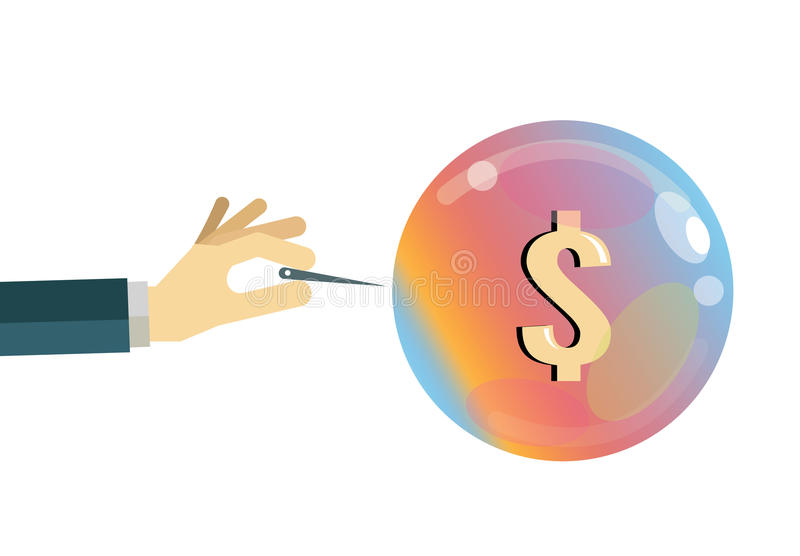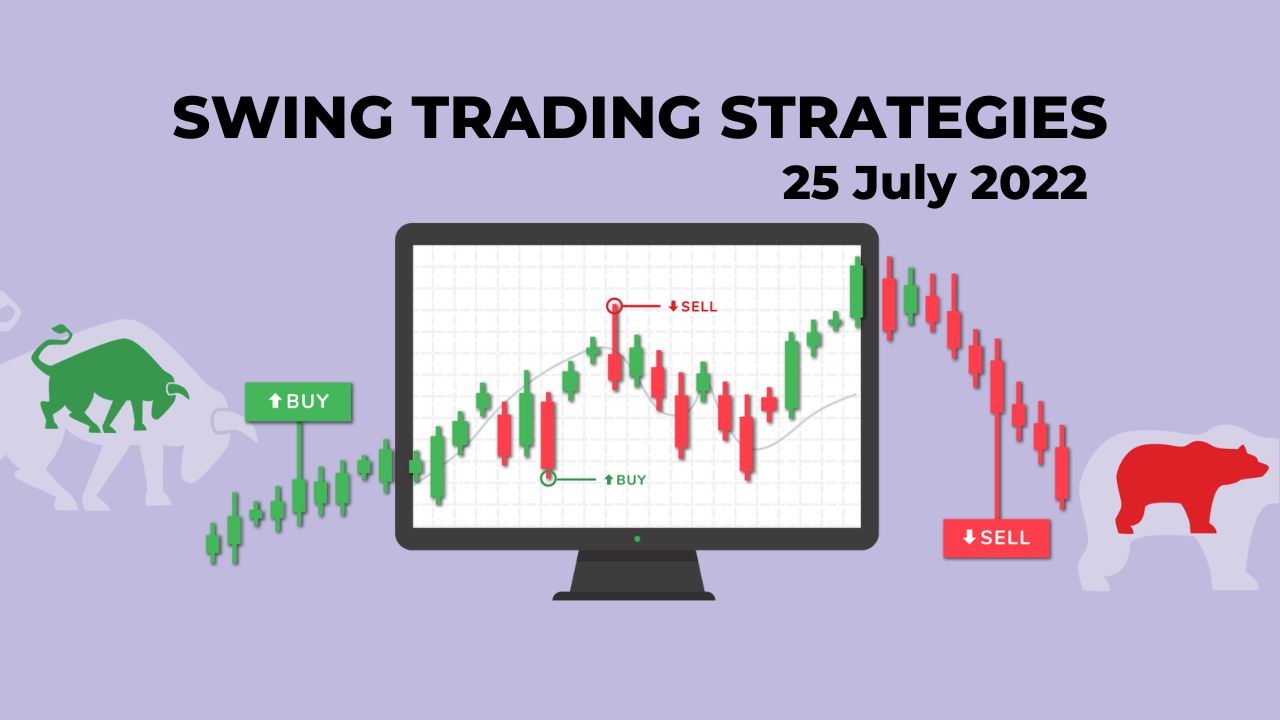
Futures indicate that the index is headed lower. Unexpected weather events can cause major shipping lanes to close before the stock markets opens. Another reason could be a pandemic Coronavirus. We'll be discussing some of the advantages of selling futures contracts in this article. Continue reading to learn more. You may also find useful information about Expiration and the reasons you might sell futures contracts.
S&P 500 futures are lower
S&P futures are down, so what's the deal? If futures drop, traders worry that the S&P will suffer big losses. It is important to remember that S&P's futures trade 24 hours a days, which makes them available to investors worldwide. Even if the futures market is down, the stock price would have already slipped lower before the markets opened.
As of 5 a.m. ET, S&P Futures are down nearly 1 percent. As worries continue about the Chinese economy, and investor sentiment, the market has been under pressure throughout the morning. The S&P 500 has seen its worst first half for 40 years. This may even be the worst year since 1970. The correction isn't over yet. Futures prices will likely fall because of the pressure on listed companies.

Coronavirus pandemic to blame
If you feel that our futures are in peril, it is time to look at the potential role coronaviruses may play in our downfall. Researchers, including Wendy Barclay, a virologist at Imperial College London, have been tracking the evolution of coronaviruses since the 1990s. They discovered that the virus started diversifying in the early stages of the pandemic. SARS CoV-2 was able to pick up two mutations per week, or one new change each month. These early mutations did not alter the virus's behaviour, nor did they reveal natural selection.
The global coronavirus pandemic has already claimed the lives of millions of people, including 1 million Americans, and a record-breaking four million in China. Covid-19 is a new vaccine that allows those who have died from the disease's effects to keep their memories. However, the virus has caused an increase in stock market prices worldwide and brought down the U.S. dollars and other risky currencies.
Expiration futures contracts
An investor can take advantage of a futures contract that will expire before the underlying asset goes up or down. Futures contracts have a specified expiration date. They may be settled in cash and/or by physical delivery. The contract specifications contain the expiration date. The trade organizer sets the parameters and trading rules for the contract. Generally, this expiration day is the third Friday of each month.
Futures are volatile, but they tend become more stable with the expiration date. You need to decide which futures are suitable for you and which are too risky. Futures are used by some investors as a way to see which direction a stock indice is heading. The major difference between futures and stocks is that futures track stock prices 24 hours a day, whereas stocks trade only during exchange trading hours.

Selling futures contracts has its benefits
A futures contract can be sold at a lower price to provide a hedge against future volatility. Futures contracts are easier to sell than short-selling stocks. These contracts are based on the current spot price of a commodity and are adjusted for the cost of physically storing it until it expires. Because they provide greater diversification and lower trading expenses, they are a safer investment than short-selling stocks.
There are many reasons for selling futures contracts. You could use them to increase your liquidity or as an active risk-management strategy. But, not all situations are predictable. A farmer selling corn needs to buy an offset contract. They could lose their crop to a natural catastrophe. If that happens, corn prices would rise. Without the corn crop the farmer would be in serious trouble. Speculators cannot predict all possible factors that can affect supply or demand.
FAQ
Why is a stock security?
Security refers to an investment instrument whose price is dependent on another company. It can be issued as a share, bond, or other investment instrument. The issuer promises to pay dividends to shareholders, repay debt obligations to creditors, or return capital to investors if the underlying asset declines in value.
How are securities traded?
The stock market allows investors to buy shares of companies and receive money. In order to raise capital, companies will issue shares. Investors then purchase them. Investors then resell these shares to the company when they want to gain from the company's assets.
The price at which stocks trade on the open market is determined by supply and demand. The price goes up when there are fewer sellers than buyers. Prices fall when there are many buyers.
There are two ways to trade stocks.
-
Directly from the company
-
Through a broker
What is a bond?
A bond agreement is a contract between two parties that allows money to be transferred for goods or services. It is also known to be a contract.
A bond is usually written on a piece of paper and signed by both sides. This document contains information such as date, amount owed and interest rate.
The bond can be used when there are risks, such if a company fails or someone violates a promise.
Sometimes bonds can be used with other types loans like mortgages. This means that the borrower must pay back the loan plus any interest payments.
Bonds are used to raise capital for large-scale projects like hospitals, bridges, roads, etc.
The bond matures and becomes due. The bond owner is entitled to the principal plus any interest.
If a bond does not get paid back, then the lender loses its money.
What is the purpose of the Securities and Exchange Commission
SEC regulates the securities exchanges and broker-dealers as well as investment companies involved in the distribution securities. It enforces federal securities laws.
How are share prices set?
Investors decide the share price. They are looking to return their investment. They want to earn money for the company. They buy shares at a fixed price. If the share price increases, the investor makes more money. Investors lose money if the share price drops.
An investor's primary goal is to make money. They invest in companies to achieve this goal. It allows them to make a lot.
How Does Inflation Affect the Stock Market?
The stock market is affected by inflation because investors need to pay for goods and services with dollars that are worth less each year. As prices rise, stocks fall. Stocks fall as a result.
What is the difference in marketable and non-marketable securities
The principal differences are that nonmarketable securities have lower liquidity, lower trading volume, and higher transaction cost. Marketable securities on the other side are traded on exchanges so they have greater liquidity as well as trading volume. These securities offer better price discovery as they can be traded at all times. But, this is not the only exception. Some mutual funds, for example, are restricted to institutional investors only and cannot trade on the public markets.
Marketable securities are less risky than those that are not marketable. They usually have lower yields and require larger initial capital deposits. Marketable securities are generally safer and easier to deal with than non-marketable ones.
A large corporation bond has a greater chance of being paid back than a smaller bond. The reason is that the former is likely to have a strong balance sheet while the latter may not.
Because they can make higher portfolio returns, investment companies prefer to hold marketable securities.
Statistics
- "If all of your money's in one stock, you could potentially lose 50% of it overnight," Moore says. (nerdwallet.com)
- US resident who opens a new IBKR Pro individual or joint account receives a 0.25% rate reduction on margin loans. (nerdwallet.com)
- The S&P 500 has grown about 10.5% per year since its establishment in the 1920s. (investopedia.com)
- Ratchet down that 10% if you don't yet have a healthy emergency fund and 10% to 15% of your income funneled into a retirement savings account. (nerdwallet.com)
External Links
How To
How to Trade Stock Markets
Stock trading involves the purchase and sale of stocks, bonds, commodities or currencies as well as derivatives. The word "trading" comes from the French term traiteur (someone who buys and sells). Traders are people who buy and sell securities to make money. This type of investment is the oldest.
There are many options for investing in the stock market. There are three main types of investing: active, passive, and hybrid. Passive investors do nothing except watch their investments grow while actively traded investors try to pick winning companies and profit from them. Hybrid investors use a combination of these two approaches.
Index funds track broad indices, such as S&P 500 or Dow Jones Industrial Average. Passive investment is achieved through index funds. This is a popular way to diversify your portfolio without taking on any risk. You can simply relax and let the investments work for yourself.
Active investing is the act of picking companies to invest in and then analyzing their performance. Active investors will look at things such as earnings growth, return on equity, debt ratios, P/E ratio, cash flow, book value, dividend payout, management team, share price history, etc. They then decide whether they will buy shares or not. If they feel the company is undervalued they will purchase shares in the hope that the price rises. On the other side, if the company is valued too high, they will wait until it drops before buying shares.
Hybrid investing combines some aspects of both passive and active investing. For example, you might want to choose a fund that tracks many stocks, but you also want to choose several companies yourself. You would then put a portion of your portfolio in a passively managed fund, and another part in a group of actively managed funds.